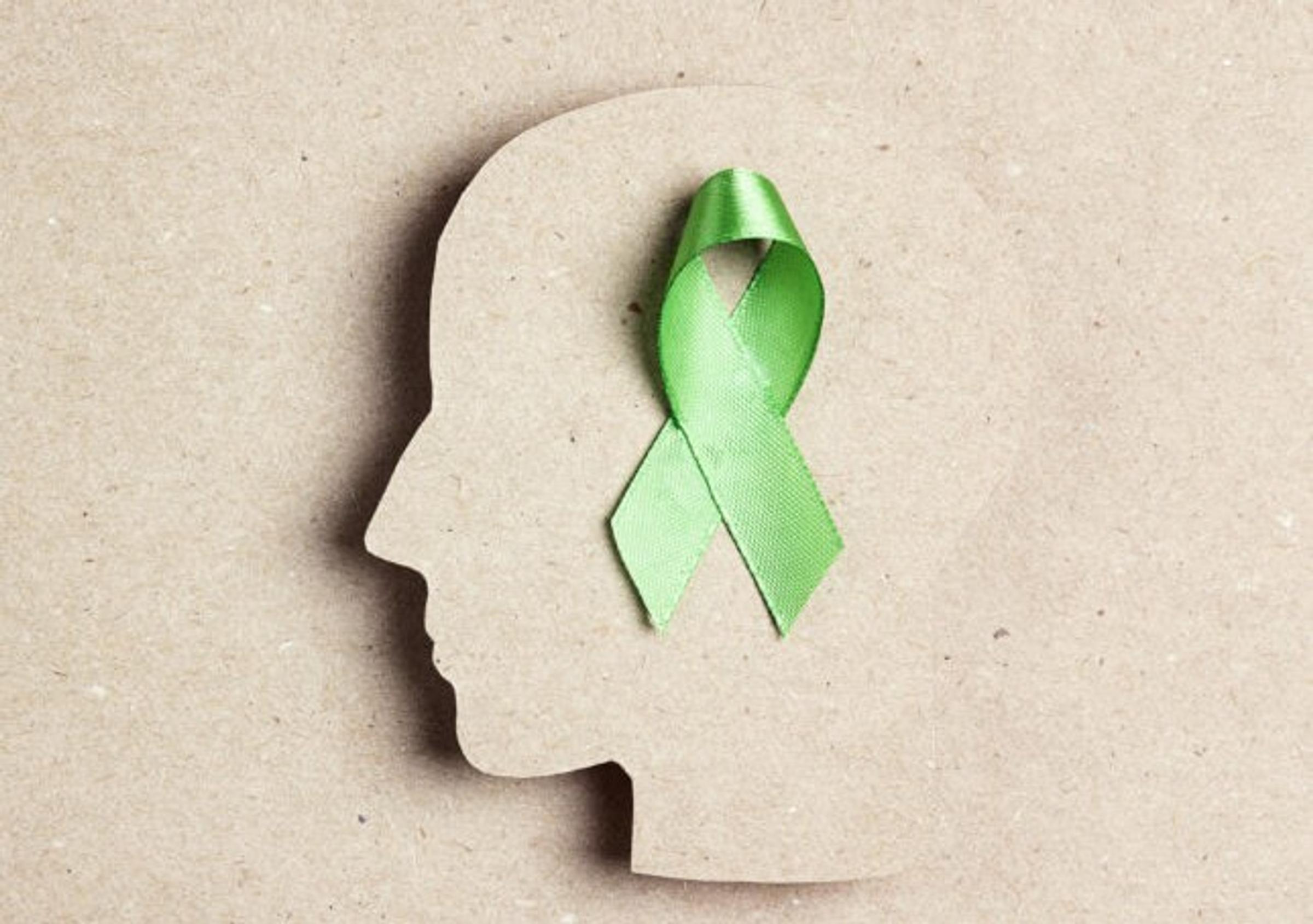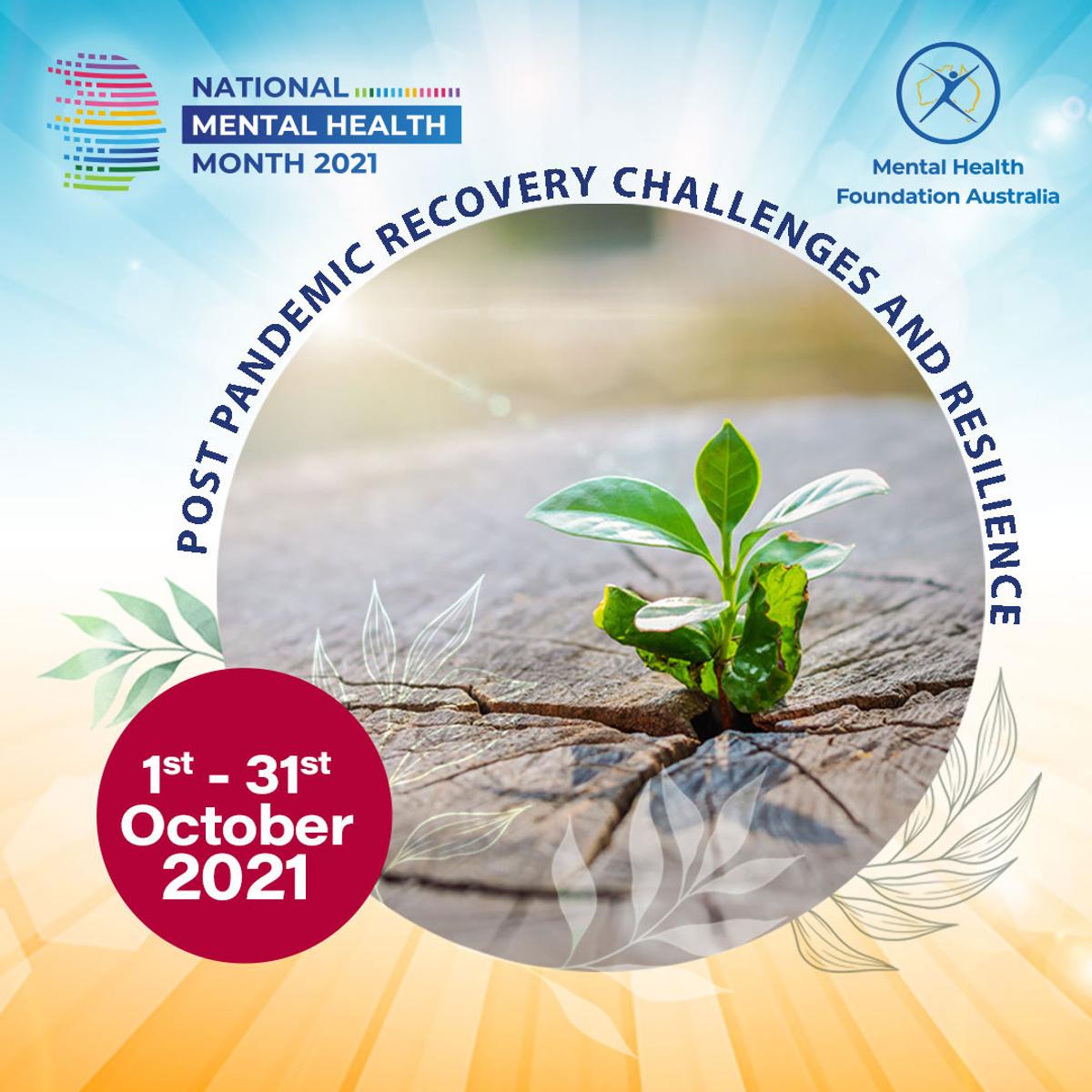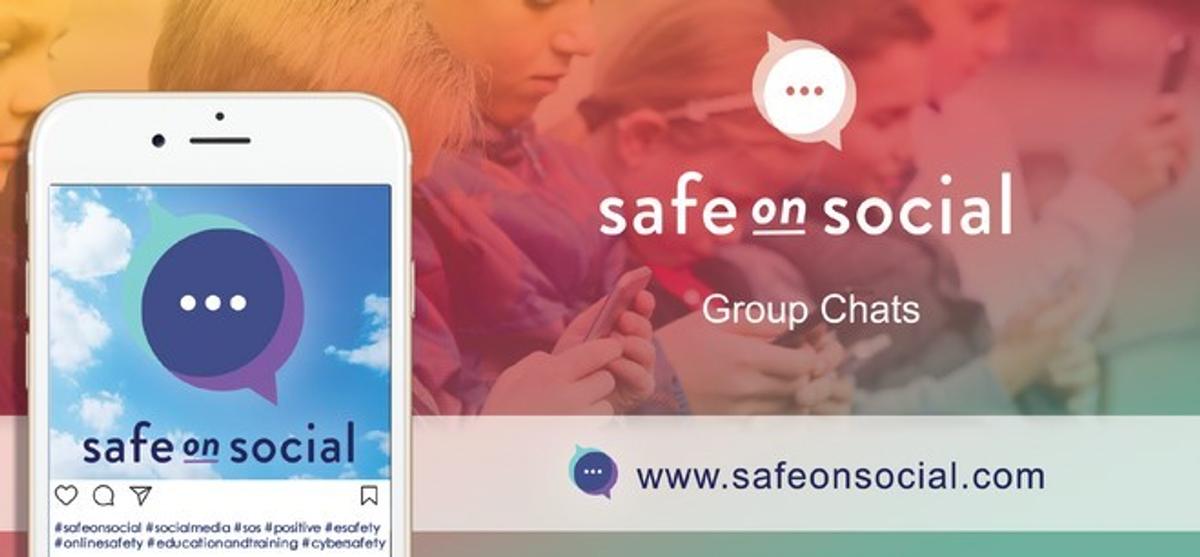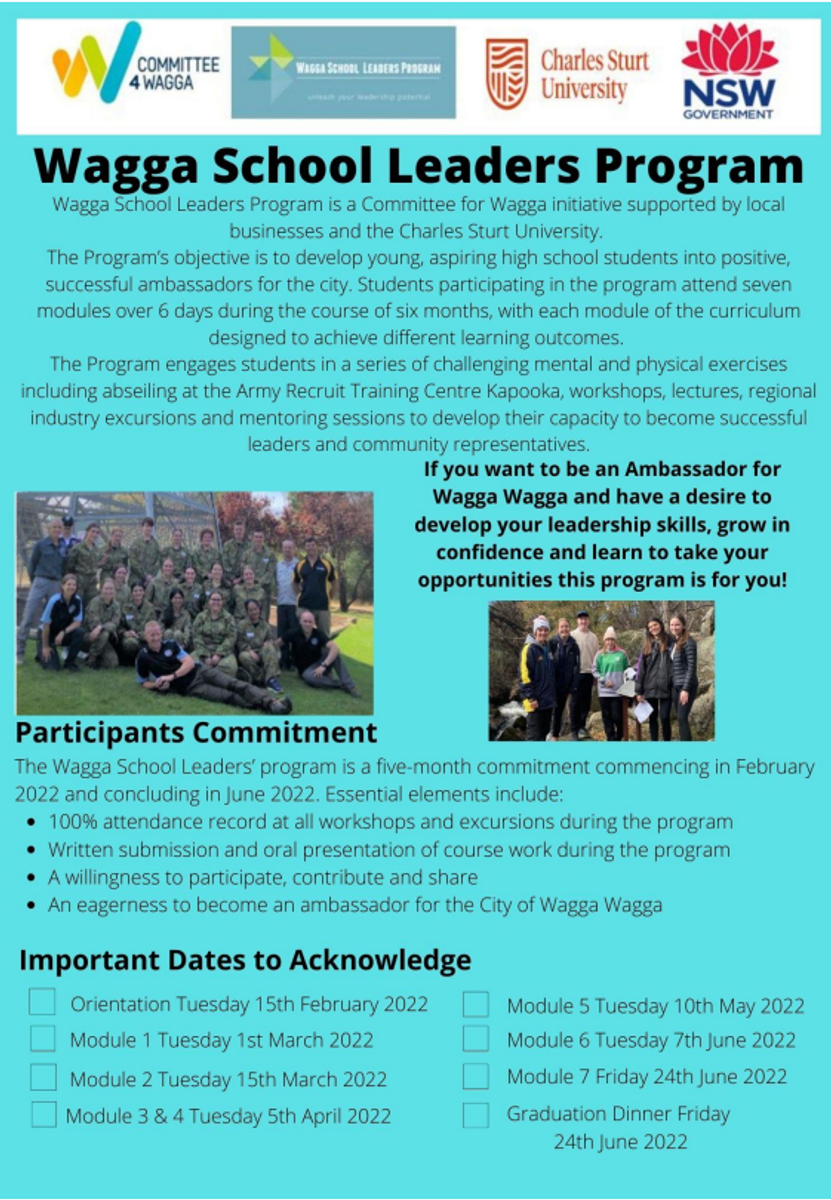Academic Care and Wellbeing

As our new Year 12 2022 students launch into their final year of school there will be many different choices to be made and hundreds of unknowns to consider. Seeking help early is a great way to set short term goals and set up good study habits. We have a number of valuable resources available to students such as a Transition and Pathways Coordinator, a number of Learning Coaches, two Aboriginal School and Community Workers, and a College Counsellor onsite.
We encourage students to reach out for help, and hope that you might also encourage your child to seek out these beneficial supports. Appointments can be made by students through CANVAS tiles or by speaking to a House Leader. More information on these options is available from your child's House Leader here at the College.
National Mental Health Month 1-31 October
National Mental Health Month is an initiative of the Mental Health Foundation Australia (MHFA). It is an important time where the Australian community comes together to raise awareness and promote better mental health for all. Throughout this month, many events have been organised in each state of Australia aiming to attract and unite Australians of all ages and backgrounds to raise awareness and promote better mental health for all.
The National Mental Health Month 2021 Awareness Campaign theme is: ‘Mental Health: Post Pandemic Recovery Challenges and Resilience'. More information can be found here and the latest issue of Parent Talk from the Council of Catholic School Parents can be found here.
Safe on Social: Group Chats
Safe on Social run school presentations focusing on social group chats. The following series of questions is put forward to them:
- Who uses group chats to communicate with their friends? – The majority of the room raises their hand.
- Who sleeps with their device in their room? – at least 80% of the room will raise their hand.
- Who has received messages in a group chat after 9pm? – almost the whole room raises their hand.
- Who has woken up to more than 200 messages in the group chat? – all of them raise their hands and talk about it amongst themselves, nodding in agreement. There is also the occasional "more like 1000" comment.
- Who has attempted to read all of the messages? – the resounding response is constantly “checking to see if I was mentioned.”
- Who has seen bullying or any other kind of inappropriate behaviour in the group chats? – all of them raise their hands. Who reported it? 99% of the hands go down.
- Who has been re-added to a group chat after they have left? Most raise their hands and eye-roll and comment on how annoying it is.
- Who gets a little anxious if their friends don’t respond to a message within a couple of minutes? – again, the majority raises their hands.
Group chats can be an excellent way for many people to participate in an online conversation together. They can also be a place where drama, nasty behaviours, exclusion, and bullying can thrive. The most commonly used group chat apps are WhatsApp, SnapChat, Instagram, Discord, Messenger, and Facebook Messenger. They can be both helpful and harmful.
There are real concerns about the number of young people who sleep with devices in their room and under their pillow. They are responding to messages at 11, 12 even at 1am from “friends” all over the world that they are connected to.
Please make sure you put a healthy boundary in place and keep phones and devices out of the bedroom from an early age. Remember, you are the parent, and you need to guide your children on how to be safe, and managing their mental health is a massive part of that. They need a break. They are connected 24/7, and some of those communications can get toxic in Group Chats. They need sleep. Good uninterrupted sleep. Rolling over in the middle of the night and checking messages is a significant health issue. More information can be found here.
There have also been many times when young people have engaged in nasty behaviour about another person in a group chat, then deliberately invited that person into the chat to see those comments. The deliberate nature of this abuse makes it cyberbullying. Re-adding someone once they have left a chat can also be bullying or harassment in some cases.
When they are tired, they are more emotional and less resilient. Things can and may be taken out of context. No one has the right to choose what other people find offensive. There have been countless times when this has resulted in schools being contacted because of the nasty, bullying or inappropriate things happening in the chat. If this is happening in the home after hours between students, please think about how, as a parent, you can do more to support the school by setting healthy boundaries for device use in your home.
Help young people develop the skills to know how to leave a group chat that is not helpful or is harmful in any way, including the actual words they may use should they need to leave. With younger children, teach them how to come up with statements that may help like “sorry guys, this is getting pretty nasty, I’m outta here” as a way to remove themselves. Being in charge of their online interactions and knowing how to leave a conversation that makes them uncomfortable online or off is a vital life skill.
Young people need to realise that they may be “guilty by association”, even if they aren’t saying the nasty stuff; they may be considered a bystander if they do not report it and speak up about what is happening in a group chat.
Please help them to develop the skills to put boundaries around their friendships. We don’t have to be accessible all the time just because technology allows that. They need to know that they won’t lose friends if they are not available in the group to chat for 30 minutes while they have dinner. Young people need to be in charge and confident in their relationships. They need to know that their friends will understand that their refusal to engage at every moment of the day and night has nothing to do with the state of their relationship, but rather the management of their time, their devices and their life priorities.
If your child is getting constantly re-added to a group chat that they have left, that can be considered harassment. If your child is re-adding people that have left the group chat remind them that they need consent. They need to ask the permission of the person first “do you want to be re-added to the group chat” for example.
Things to remember:
- Keep group chats positive, helpful and supportive. These are not the places we have a whinge about someone else, reveal our intimate secrets or create drama, gossip or spread rumours or share images of others without consent.
- Make sure they know not to feel compelled to respond straight away or be a part of every single interaction in the group chat.
- Remember, there are plenty of ways these chats can become very public if someone takes a screenshot, so they need to be kind, respectful, and responsible at all times.
- Avoid using late at night and keep devices out of the bedroom.
- Turn off notifications, so they are less anxious about response times.
Committee 4 Wagga - Wagga School Leaders Program
Please see below poster regarding the 2022 Wagga School Leaders Program.
Ms Melanie Cramp | Leader of Students



